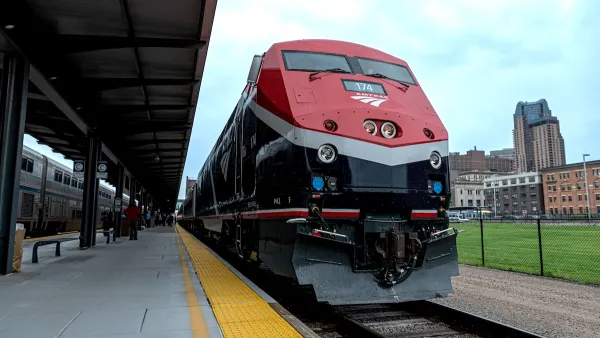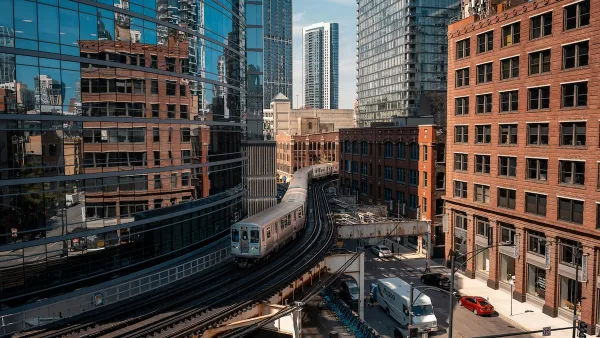Will Doig considers the growing pressure cities face to build a marketable identity, and why that's a particular challenge for generally livable cities.
As the growing knowledge economy unbinds more and more job markets from geographical constraints, cities scramble to capture young professionals that have the freedom to work from anywhere (and the money to stimulate local economies). As a result, an increasing number of cities have turned to branding in recent years to have a hand in defining their own reputations.
The trouble is that many cities, like awkward prom dates, are just too nice – so nice as to elude any further qualitative description whatsoever, Doig points out.
"For every clearly defined Detroit, New Orleans or Las Vegas, there's a more amorphous Columbus, Ohio; Louisville, Ky.; or Providence, R.I."
Like a good caricature, branding a city is about exaggerating the differences between it and other cities. For places seeking to manufacture such an identity, staying true to character can be a challenge.
"People move to Indianapolis because it's cheap, has great schools, is family oriented and offers easy living," says urban analyst Aaron Renn. "Those are hard things to brand. For outsiders, it can be difficult to understand what it's all about."
FULL STORY: Every city needs a brand

Planetizen Federal Action Tracker
A weekly monitor of how Trump’s orders and actions are impacting planners and planning in America.

Maui's Vacation Rental Debate Turns Ugly
Verbal attacks, misinformation campaigns and fistfights plague a high-stakes debate to convert thousands of vacation rentals into long-term housing.

Restaurant Patios Were a Pandemic Win — Why Were They so Hard to Keep?
Social distancing requirements and changes in travel patterns prompted cities to pilot new uses for street and sidewalk space. Then it got complicated.

In California Battle of Housing vs. Environment, Housing Just Won
A new state law significantly limits the power of CEQA, an environmental review law that served as a powerful tool for blocking new development.

Boulder Eliminates Parking Minimums Citywide
Officials estimate the cost of building a single underground parking space at up to $100,000.

Orange County, Florida Adopts Largest US “Sprawl Repair” Code
The ‘Orange Code’ seeks to rectify decades of sprawl-inducing, car-oriented development.
Urban Design for Planners 1: Software Tools
This six-course series explores essential urban design concepts using open source software and equips planners with the tools they need to participate fully in the urban design process.
Planning for Universal Design
Learn the tools for implementing Universal Design in planning regulations.
Heyer Gruel & Associates PA
JM Goldson LLC
Custer County Colorado
City of Camden Redevelopment Agency
City of Astoria
Transportation Research & Education Center (TREC) at Portland State University
Jefferson Parish Government
Camden Redevelopment Agency
City of Claremont





























